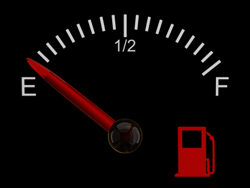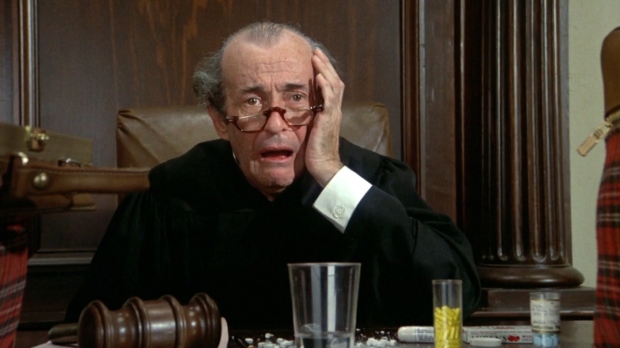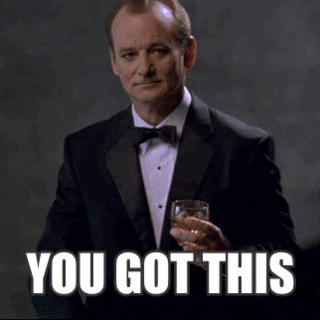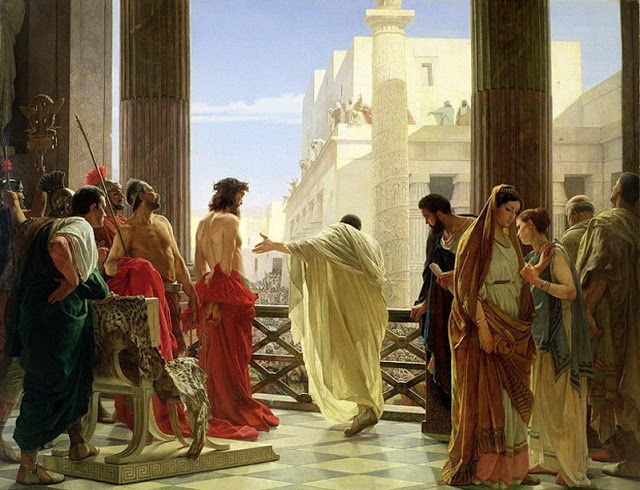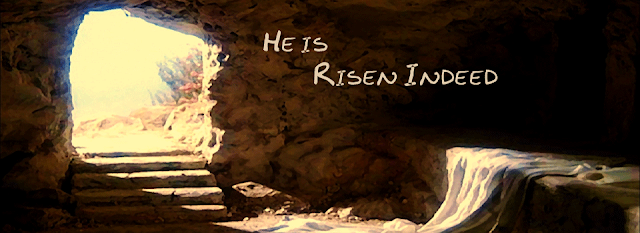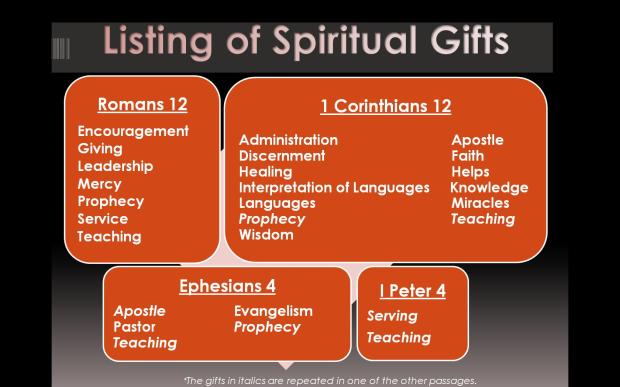Written March 15, 2017; Revised July 12, 2020
Bible verse: Hebrews 12:28-29 (MSG)
“Do you see what we’ve got? An unshakable kingdom! And do you see how thankful we must be? Not only thankful but brimming with worship, deeply reverent before God. For God is not an indifferent bystander. He’s actively cleaning house, torching all that needs to burn, and he won’t quit until it’s all cleansed. God himself is Fire!”
In light of much shaking in the world today, it’s fair to wonder how the church is to become more Kingdom-aligned.
From liturgy to doxology, theology to ecclesiology, there are many topics worth discussing, perhaps more than we like to admit. But before we dive into any ‘ologies’, it’s important we examine the church relative to God’s first command (Genesis 1:28): The family.
As Scripture attests, belonging to a family culture is not only a crucial part of our relational perspective but also our call to engage fellowship and know intimacy. A brief exegesis of Genesis 1 and John 1 confirms this: Before man could exist, there had to be a communal model for him to operate in; however, for this model to also exist, there had to be a holy community sharing everything in common (Acts 1-4) in perfect harmony. Hence, why from the very beginning, the church¹ was a sparkle in the Father’s eye.
Unfortunately, this sparkle is now contending with a culture eager to redefine identity and blur the line between love and tolerance. Stir in a coronavirus, racist divides, and fear propaganda, and there’s even more to distract us from what matters these days. Take it from a brother: If you’re a believer and have struggled lately to combat new deceptions while living your faith, my heart goes out to you. You’re certainly not alone.
Still, despite the challenges, we can’t let temporary headlines shield us from important questions worth asking. In this case…
1. While the church may be conveying truth, is she allowing it to be tasted and seen? Is the church delighting in what she’s demonstrating?
2. If not, how can we expect those outside the church to do the same?
While most would cite an answer between leadership and service, I submit part of the solution to both questions concerns how the church develops and facilities discipleship within the family dynamic.
For instance, in most structures, discipleship is perceived as in-house mentoring with evangelism serving as the primary faith vehicle into the ‘real’ world; however, if the church desires to be more Kingdom-aligned, it should further seek to prioritize these elements in the home. Yes, small groups are essential, but then again, so are Zoom calls, spontaneous texts of encouragement, one-on-one coffees, even charitable support. Like any family, tending community involves systematic and impromptu engagement. And if the church is to be the church today, we must realize this can’t happen without interactive/virtual collaboration on curriculums, events, and leadership/volunteer development.
But reeling it back to 2020: While the COVID-19 epidemic has been discouraging, the evolution of church into the home has been a significant silver lining. While not every experience has been the same, many congregations are discovering new ways to be salt and light in a crooked and twisted time. Accordingly, it’s my hope the church will continue to be Spirit-led as…
1. Her boundaries adapt
2. Her creativity sharpens
3. Her definition of evangelism expands remotely
4. Her definition of discipleship expands virtually
Assuming all four mature in rhythm, no question, believers will be more equipped to walk in authenticity, confidence, and love (1 Peter 3:15) as immediate and church family relationships strengthen.
Bottom line: If the church wants to mature in her ‘unshakability’. she must also extend her ‘open door’ policy to the home and places of influence. After all, before the church can model grace and love to a deceived generation, she must already be doing so to the next generation. Given we want our church families to be more effective in culture and at work, let’s remember to the extent we desire the unshakable Kingdom, to that extent we must pour into unbreakable family.
Selah.

Stay tuned next time when I’ll explore how faith in the marketplace can help bridge family dynamics at work and home. I must admit I’m excited about this new series as it seems largely unchartered.
‘Til then, have a great week, everyone.
Rootin’ for ya as always,
~ Cameron
Footnotes
- Not to mention her approach to family discipleship and co-equal in value, diverse in function theology




